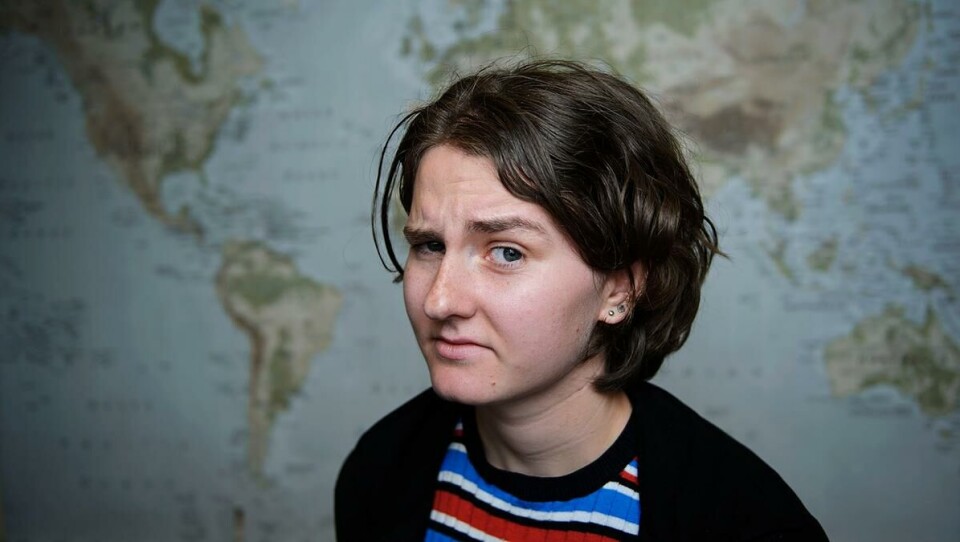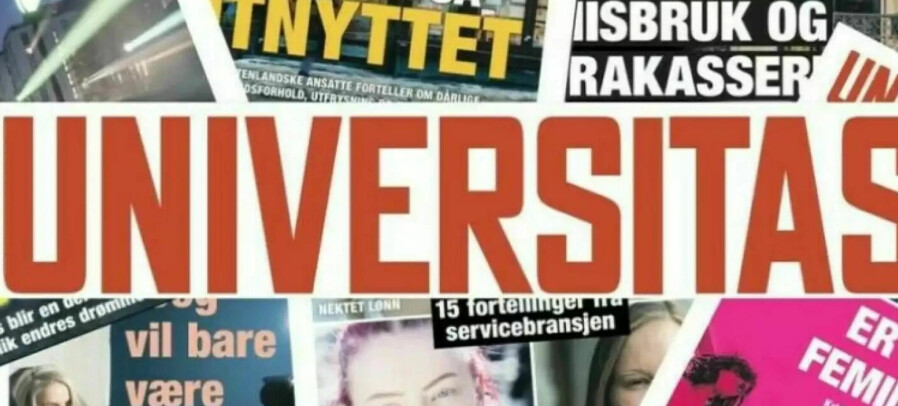
American Twilight Zone
When you don't feel at home...at home.
Culture shock can be bad, as any international student will tell you. For every one of us that loves makrell i tomat, there’s another who’s longing for the days when they didn’t even know what it was. Even worse than the initial cold-water plunge into a new country though is the opposite – reverse culture shock.
Generally considered to be the final stage in any living abroad experience, reverse culture shock is what happens when you go home and realize things aren’t nearly as rosy as you remembered, and that (what?!) you might actually feel more at home in a «foreign» country. It could be differences in the food, friends, public transportation. For me, this time, it was white supremacy.
I won’t put Norway on a pedestal. This is a country that has historically been most interested in class divides, and social justice reflects that. The country is just starting to reckon with the relatively recent surge in diversity. I won’t get started on the number of times I’ve asked people not to say the N-word, or how often I argue with people about offensive jokes. There is still racism here, and discrimination, that’s for sure. Just weeks ago, people marched in the streets against Norwegian neo-Nazis.
But it’s different from living in the Twilight Zone of the USA. There, I no longer feel like I can speak my mind to anyone without fearing the start of a fight. I’m the most outspoken person I know, but as soon as I touchdown at the airport, I’m walking on eggshells.
I was in Ohio when white supremacists attacked protestors in Charlottesville, Virginia. We didn’t talk about it. Those protests were just a couple states away, but it didn’t seem to make an impression on anyone around me. We were in a white bubble. Americans have the words to discuss racism – but who is listening?
As international students have trickled back into Oslo from visits home, I imagine I can’t be the only one who felt some kind of emptiness recognizing a disconnect. Reverse culture shock isn’t simply missing tangible things or places that you’ve grown used to. The most difficult thing is growing away from your «home.» I feel guilty at times for not loving «my» country as much as I should, for leaving and wanting to keep leaving. Every time I go abroad, I see more clearly the privilege I lived with in the US. I feel ashamed for being unable to tackle more of the conversations I should be having with people there.
But that discomfort is comforting, too. It shows me what needs to change in my home country, and how I might be able to help fix it. Living abroad is often fun, challenging, and an enlightening experience – but seeing your own country from a different vantage point and then someday returning is even more important.































